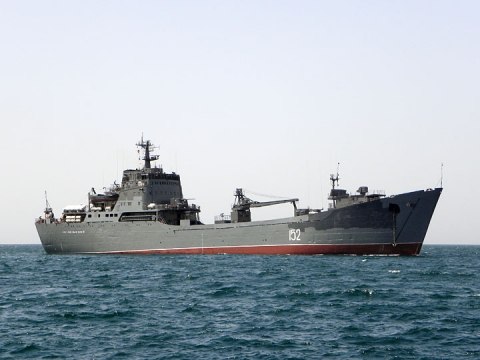Power is moving away from the West, but international relations (IR) as a discipline still remains very much Western-centric. It seems that Western IR theories are aware of this challenge and eager to prove their relevance for the allegedly forthcoming post-Western world. This was one of the key arguments that Andrew Hurrell, professor at the University of Oxford and a leading author of the “English school” of international relations theory, addressed in his public lecture at Potsdam University.
Perhaps, BRICS is one of the examples of global power shifts, but what kind of changes does it embody and augur? According to one interpretation, power moves from one place to another, with the concomitant revival of some ordering components of international society, including spheres of influence and even some remnants of the zero-sum-game mentality. Realists would certainly be happy with this explanation.
Yet, there is another interpretation, fully in line with the European critical theories: we witness the unfolding of new forms of power, which broaden this very concept. Brazil could be one of the examples of power stretching far beyond old, hard conceptualizations: it aspires to a world-scale status without strong military resources. Against this background, what matters is what the rising actors (Russia or China) want to do with their power(s)? Does China and Brazil possess the same type of power? Doesn’t Russia, in terms of the way it operationalizes its power resources, have more in common with Turkey than with South Africa?
In the traditions of the “English School,” Hurrell touched upon the perspectives of great power management as an ordering strategy for a world to come. A concert of great powers is what Russia appears to be fond of. In the aftermath of the war with Georgia the Kremlin was keen on calling for a Russia–US–EU triangle as a core for global security governance. The Kremlin’s idea that Russia and America are two different branches of a single European civilization was supposed to culturally sustain the Russian appeal. Yet the West declines Russia’s petition: the Germans were especially critical to a great-power-management type of deals because they might jeopardize the interests of smaller powers.
But Hurrell offered another explanation for the failure of the great power management model. In his view, its weakest point is the need for a mutual accommodation among the group of key world powers. “There should be an understanding of what can and what can’t be said about each other. These limitations are nowadays blurred,” he suggested.
The book The Strongman. Vladimir Putin and the Struggle for Russia recently published by Angus Roxburgh (London & New York: I. B. Tauris, 2012) sheds more light on the hardship of mutual adaptation between Russia and the West. Based on his personal experience of tightly communicating with both Russian and Western policy-makers and experts, the author gives vindications for Putin’s overt sympathies to striking deals with major international powers, at least at the beginning of his presidency. In particular, after 9/11 he voiced no objections to an increasing U.S. role in Central Asia, he cancelled Russian military exercises, and he even expressed his interest in being invited to NATO. Being fully aware of Mikhail Saakashvili’s pro-American sympathies, Putin played the decisive role in politically neutralizing the head of Adjaria, Aslan Abashidze, and thus in driving this break-away region back to Georgia. Perhaps, Putin miscalculated twice: he overestimated the importance of personal connections (with Silvio Berlusconi, George Bush, or Gerhard Schroeder) and the practical weight of normative – as opposed to material interest-based – factors shaping foreign policies of Western countries.
Yet if consensus among great powers is hardly unachievable, the alternative option is not Russia’s voluntary self-estrangement from the West, but, to the contrary, greater institutionalization of its foreign policies. Perhaps, this is the most practical lesson the Kremlin can draw from the “English school” of analysis.
Andrey Makarychev is a Guest Professor at the Free University of Berlin, blogging for PONARS Eurasia on the Russia-EU neighborhood.











